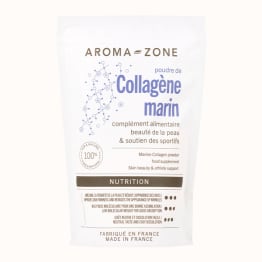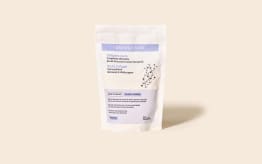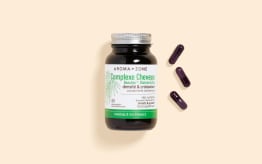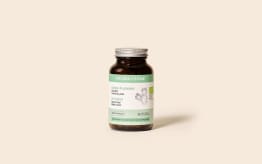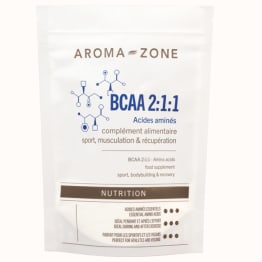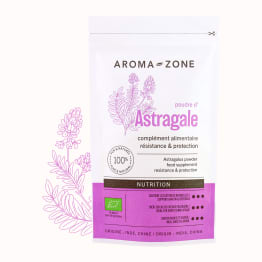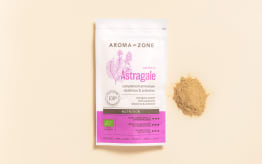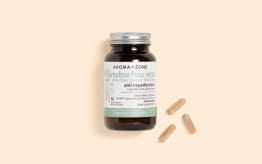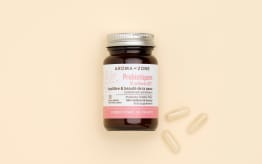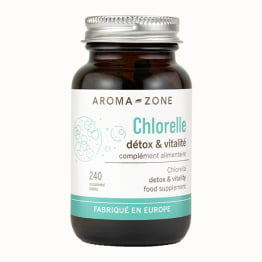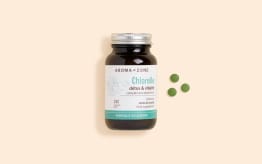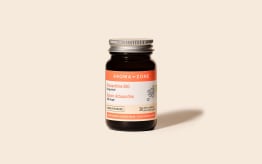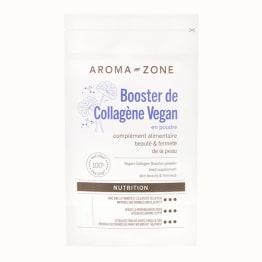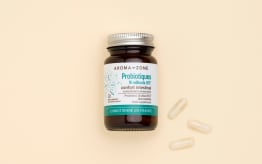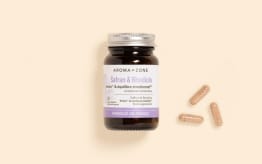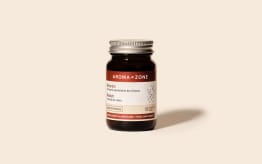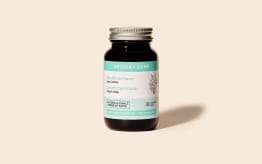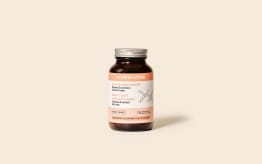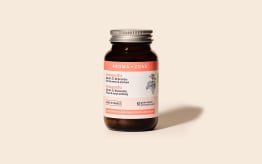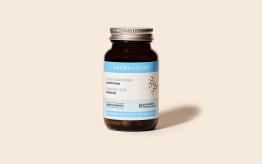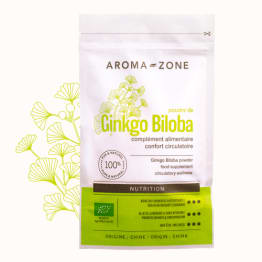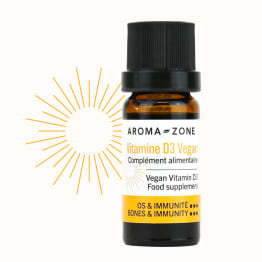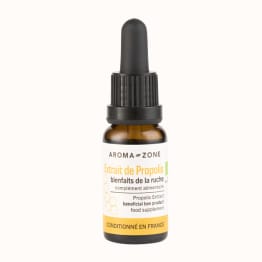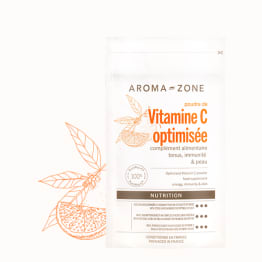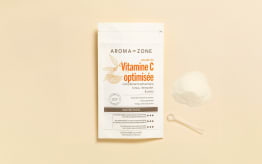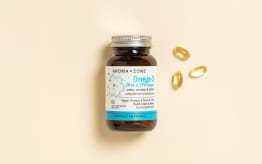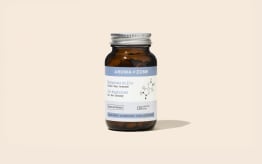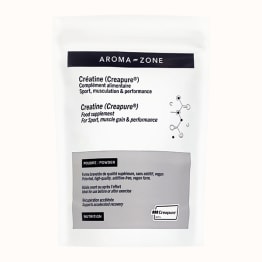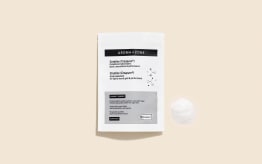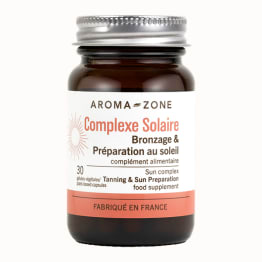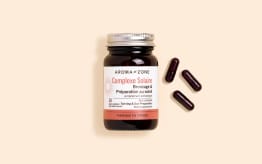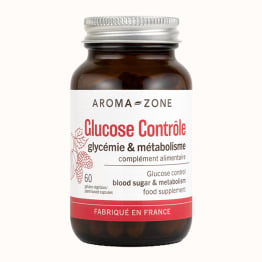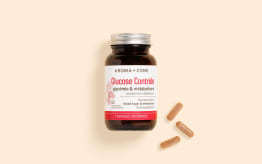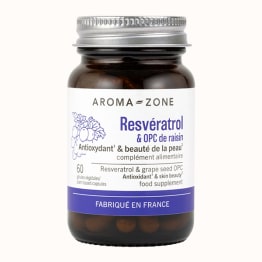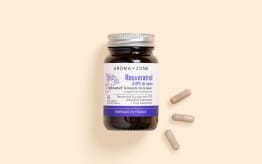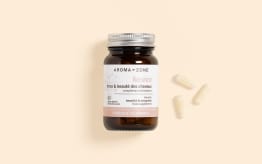Food supplements are products designed to supplement your body's nutrition, often by providing nutrients that you would not be able to obtain in sufficient quantities from your diet alone. These products are often sold in the form of capsules, tablets, powders or liquids.
However, it's important to understand that not all food supplements are created equal, and some can even be dangerous to your health if you don't take them with care. In this article, we'll explain everything you need to know about food supplements to make informed choices and protect your health.
Why take food supplements?
Food supplements are taken for a variety of reasons, each tailored to individual needs:
To supplement nutritional deficiencies: This is the most common reason. In our daily lives, it can be difficult to obtain all the nutrients our bodies need from food alone. Food supplements are used to fill these nutritional gaps and ensure that our body receives the vitamins, minerals and other essential nutrients it needs.
Supporting specific health: Some food supplements are designed to support specific aspects of health, such as the immune system, heart health, digestive health, joint health, or skin and hair health. People with specific needs can use supplements to target these areas.
Physical and mental performance: Athletes and active people can take supplements to improve their physical performance, increase recovery after exercise and maintain their mental energy.
Well-being goals: Some people take food supplements as part of their personal well-being goals. These may include managing stress, improving sleep, reducing inflammation or promoting overall health.
How do I choose the right food supplements?
When choosing a dietary supplement, it's important to consider a number of factors, including quality, product composition and recommended dosage. Here are some key points to bear in mind:
The composition of the product is also important. You should check the list of ingredients to ensure that the food supplement contains the nutrients you are looking for, and that it does not contain any undesirable or dangerous ingredients. If you have food allergies or intolerances, it's important to check the list of ingredients to avoid any allergic reactions.
The recommended dose is another important consideration. You should follow the manufacturer's instructions for the recommended dose, and never exceed the recommended dose, as this can cause undesirable side effects. If you are in any doubt about what dose to take, consult a healthcare professional or pharmacist for advice.
Types of food supplements
There are many different types of food supplements, each with a different purpose. Here are some of the most common types:
Vitamins and minerals are essential health nutrients that are often lacking in the modern diet. Vitamin and mineral supplements can help fill these gaps.
Omega-3 fatty acids are healthy fats that are important for brain and heart health. Omega-3 supplements can help increase your intake of these essential fats.
Probiotics are beneficial bacteria that live in the gut and help maintain healthy digestion. Probiotic supplements can help restore the balance of bacteria in the gut.
Protein supplements are popular with athletes and fitness enthusiasts to help increase muscle mass and recovery after exercise. Protein powders are often used in smoothies or shakes.
Herbal supplements can include plant extracts, herbs, roots and mushrooms. Some can help support immune health, cognitive function or nervous system health.
How often should I take food supplements?
The frequency depends on a number of factors, including the type of supplement, your individual needs and the manufacturer's recommendations. Here are some general tips to follow:
Follow the instructions for the type of supplement: Each dietary supplement will have specific instructions on the recommended daily dose. For example, for Ashwagandha: it is generally recommended to take 1 to 2 capsules a day and a pot of this product can last for 1 to 2 months of treatment. For marine iodine, the recommendation is to take 1 capsule a day. One jar of this product generally lasts 2 months. Finally, triple Magnesium suggests taking 1 to 3 capsules a day. One pot can cover a cure period ranging from 40 days to 4 months, depending on how often you take it. It is therefore essential to follow the instructions carefully to avoid taking too much or too little of the product.
Consult a health professional: If you have specific health needs, medical concerns or are already taking medication, it's a good idea to consult a health professional, such as a doctor or nutritionist. They can advise you on how often to take food supplements depending on your situation.
Adapt to changing needs: Your dietary supplement needs may change over time. For example, during periods of stress, seasonal changes or intense physical activity, you may need specific supplements to support your well-being. Listen to your body and adjust your intake accordingly.
Risks associated with food supplements
Although food supplements can be beneficial to your health, it's important to understand that there are also risks associated with their use. Here are some of the most common risks:
Food supplements can interact with the medicines you are taking, which can lead to undesirable side effects or reduce the effectiveness of the medicines. It is important to consult your doctor or pharmacist before taking food supplements if you are already taking medication.
Some dietary supplements may cause unwanted side effects, such as stomach upset, nausea, vomiting, diarrhoea, headaches or dizziness. If you experience undesirable side effects after taking dietary supplements, stop taking them and consult a health professional.
Some dietary supplements can be toxic in high doses, which can cause organ damage or other health problems. It is important to follow the recommended doses and not to exceed them.
Conclusion
Food supplements can be an excellent way of supporting your health and filling nutritional gaps, but it's important to choose the right products and take them with care. By keeping in mind key factors such as brand quality, product composition and recommended dosage, you can help protect your health and enjoy the potential benefits of dietary supplements. If you have any questions or concerns about dietary supplements, don't hesitate to consult a healthcare professional for advice.
